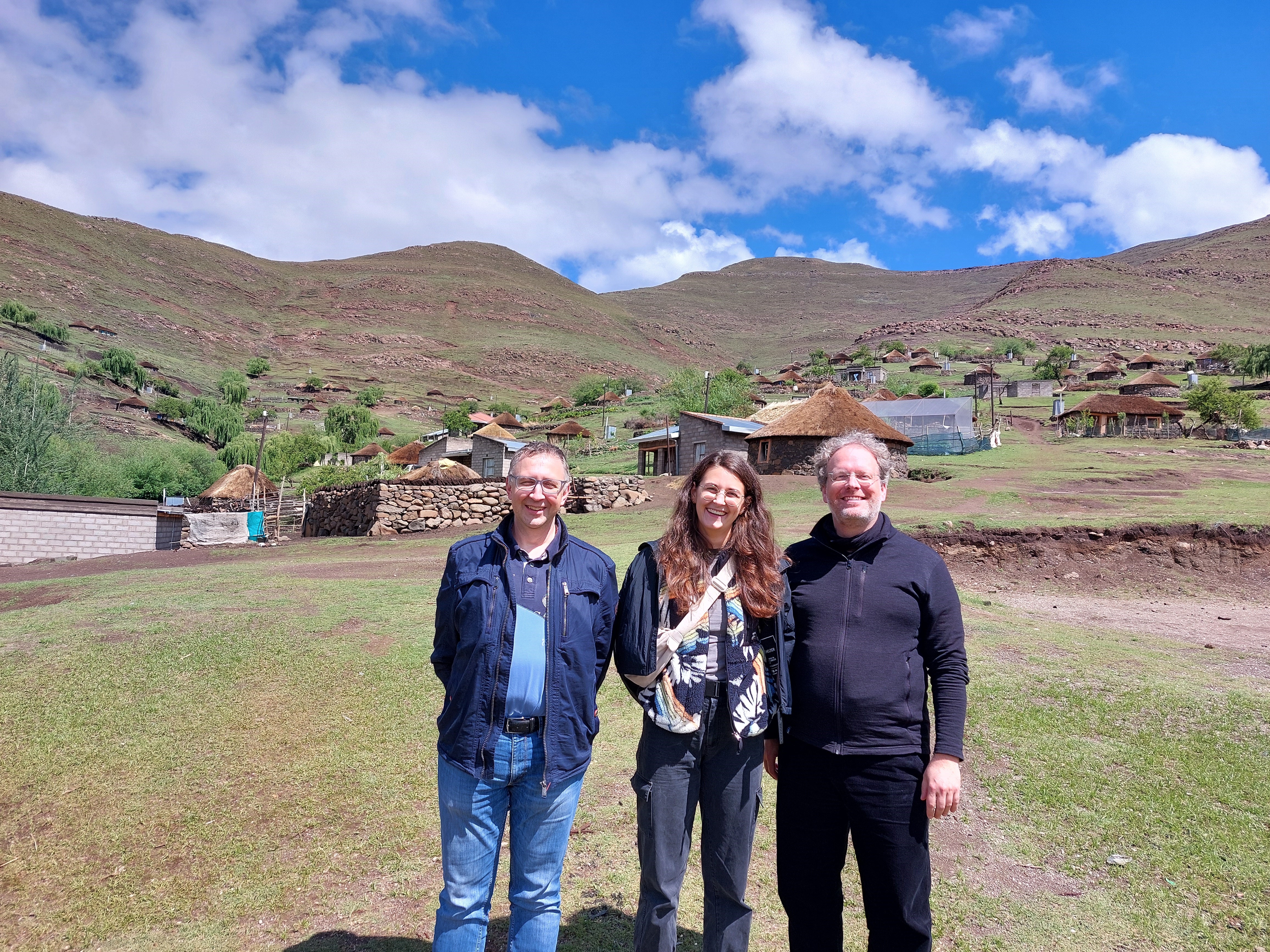Find this news also on our LinkedIn chanel
Utilising Hydrogen: From Agricultural Innovation to Broader Energy Applications - Advancing Hydrogen Innovation with H2CoVE
The visit to the NUL - Energy Research Centre (ERC) at the National University of Lesotho (NUL) provided an opportunity to share insights about the Hydrogen Centres of Vocational Excellence (H2CoVE) project. Discussions with local stakeholders focused on integrating hydrogen technologies into existing photovoltaic microgrids, aiming to enhance energy access for remote mountain communities.
During our visit to the Energy Research Centre (ERC) at the National University of Lesotho (NUL), we had the opportunity to present the Hydrogen Centres of Vocational Excellence (H2CoVE) project. This exchange provided a valuable platform for engagement, where local colleagues and stakeholders showed considerable interest in the H2CoVE initiative.
In our discussions, we investigated the feasibility of integrating hydrogen technology into existing microgrids that supply people in remote, agricultural mountain regions in Lesotho with electricity produced by photovoltaics. The immediate objective is applying hydrogen in agriculture (ammonia) and later in other energy uses.
Beyond the technological aspects, the visit underscored the importance of addressing the social dimensions of energy systems. Collaborating with local communities, understanding their specific needs, and ensuring their involvement in the development process are fundamental to the success and acceptance of sustainable energy solutions. By fostering dialogue and building trust, we aim to create systems that not only provide reliable energy but also empower and benefit the people they serve. By combining innovative hydrogen technologies with local expertise and resources, we aim to contribute to sustainable and resilient energy production in the region.
The enthusiasm and commitment we experienced during this exchange confirmed our belief in the transformative power of international cooperation in tackling local and global energy challenges. We are excited about the journey ahead and look forward to deepening our partnership with the Energy Research Center and our colleagues in Lesotho.
Additional Links & Insights:




 CC BY-SA 4.0
CC BY-SA 4.0 




